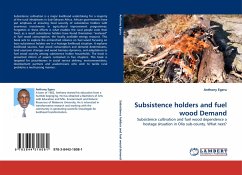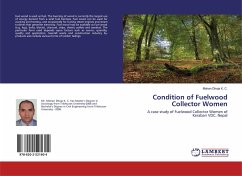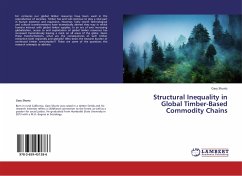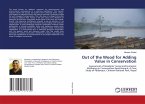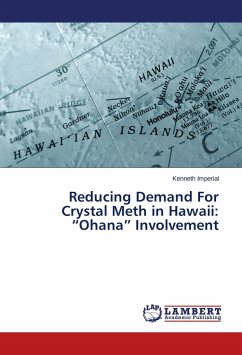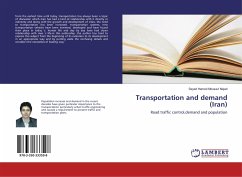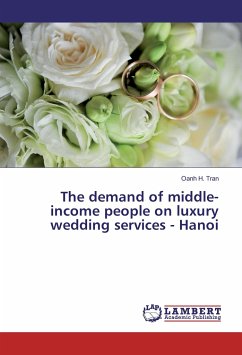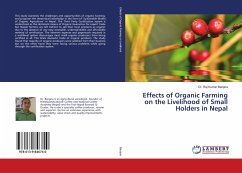Subsistence cultivation is a major livelihood undertaking for a majority of the rural inhabitants in Sub-Saharan Africa. African governments have put emphasis at ensuring food security of subsistence holders with enormous investments in agricultural improvement programmes. Forgotten in these efforts is what enables the rural people cook their food, as a result subsistence holders have found themselves enslaved in fuel wood consumption; the locally available energy resource. This book sets to explore the entrenched reliance on fuel wood focusing on how subsistence holders are in a hostage livelihood situation. It explores livelihood sources, fuel wood consumption and demand determinants, land use/cover changes and wood biomass dynamics, and adaptations to fuel wood scarcity among subsistence holder households. The book is presented inform of papers contained in five chapters. This book is targeted for practitioners in social service delivery, environmentalists, development partners and academicians who wish to tackle rural problems a multi-prong manner.
Bitte wählen Sie Ihr Anliegen aus.
Rechnungen
Retourenschein anfordern
Bestellstatus
Storno

